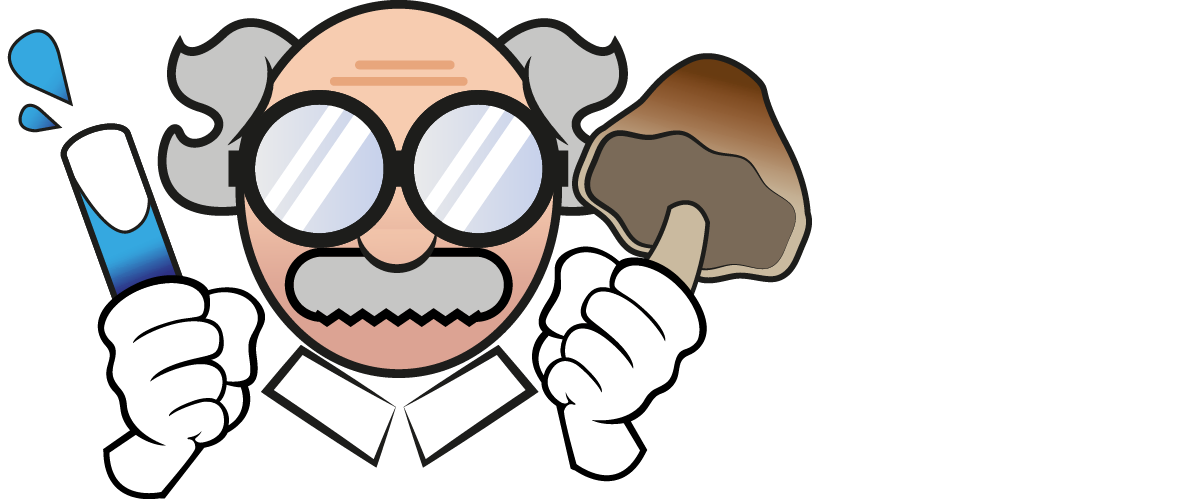Psilocybin therapy in alcohol addiction
For many people, mind-altering drugs still equate with tripping, which you do for fun. But psychoactive drugs, such as psilocybin, can actually help with physical and mental ailments. This is also evident from recent research into psilocybin therapy in alcohol addiction, which showed astonishing results. This is the largest study of the effects of psilocybin so far. Below, you can read more about the design and results of this research.
History of research on psilocybin in alcohol addiction
The setup of this research into the effects of psilocybin on alcohol addiction goes back several years. The study, designed by physician Michael Bogenschutz, involved 95 people who met the criteria for moderate to severe alcohol dependence as described in the DSM-IV. They had at least 4 days of heavy drinking in the month before the study.
Treatment during this study consisted not only of psilocybin, but also of psychotherapy. In addition, there was a placebo group, which received Dimetindene. This is an antihistamine, which (according to the researchers) can produce somewhat similar reactions to psilocybin, especially in people who have no knowledge of psilocybin. The most common side effect is drowsiness.
Why this research into the effects of psilocybin on alcohol addiction now? It is known that psychedelics can have a positive effect on addictions. More research has already been done on this, especially with LSD in alcohol addiction. A well-known story is that of Bill Wilson, the co-founder of Alcoholics Anonymous (AA). He was kicked out of his own organization because he spoke enthusiastically about the benefits of LSD in overcoming alcohol addiction.
Today, there is a resurgence of interest in psychedelics. More studies are being set up into the effects of these drugs for all kinds of conditions. Attention often goes to disorders and addictions. In 2021, a study into psilocybin to help people quit smoking received a government subsidy for the first time in fifty years. Bogenschutz's research on psilocybin and alcohol addiction is the largest ever published.
Searching for participants
Research into the effects of psilocybin on alcohol dependence is, of course, fascinating. Unfortunately, recruiting participants was not without a struggle. Recruitment of people started in 2014 and continued until 2020. So that already took an impressive 6 years. This was due to several factors, including a lack of staff, caused by limited financial resources. After that, COVID also turned things upside down.
The researchers wanted 180 participants for the study, but the regulations had to be adjusted due to the Corona measures. This allowed no more than 95 randomized participants to participate. Despite the fact that this was less than planned, it turned out that they all remained faithful to the study and only 2 people dropped out.

Results of the investigation
Participants were first given an initial dose of 25 mg per 70 kg of body weight, or 25 mg of the placebo. If the first dose went well and the participants also agreed, the next dose was increased. How much higher depended on how they reacted, to 30 mg or 40 mg per 70 kilograms of body weight. The placebo group received 100 mg of the placebo. The doses of psilocybin are among the highest used in modern studies.
After the first psilocybin session with psychotherapy, there is already a large decrease in alcohol intake. Surprisingly, the second dose did not cause a further decrease. There was an 83% reduction in heavy alcohol consumption among the participants. This was 51% in the placebo group. Six months after treatment with the mind-altering drug, the numbers of people who completely stopped drinking were twice as high as in the placebo group.
It seems that the second dose was in fact not necessary to achieve the positive result. However, it may also be that this second dose was necessary to maintain the positive effects. More research is needed to confirm this suspicion.
The importance of psychotherapy
Although psilocybin has a great effect on alcohol addiction, the importance of psychotherapy cannot be understated eitherestimate. Both the placebo and psilocybin groups received 12 weeks of motivational enhancement therapy and cognitive behavioral therapy. Both can help with alcohol addiction. The participants already received four sessions of therapy before the psilocybin treatment started. Four sessions took place between the two psilocybin treatments, and they had another four after the last treatment.
The success of psychotherapy is reflected in the research data. At the screening, the number of heavy drinking days was twice as high as at the start of the psilocybin session, so after the participants had already followed therapy. It is known that therapy can be effective. This is also evident from research into MDMA in PTSD. In that study, a placebo with therapy already had a substantial effect on the severity of the PTSD complaints.
The combination of psychotherapy and treatment with high doses of psilocybin can therefore really contribute a lot to overcoming alcohol addiction. Do you struggle with such an addiction? Don't keep walking around with this, and seek help. Alcohol addiction can have devastating effects not only on your physical and mental health, but also on your social and work life. It is wise not to tackle your problems with psilocybin yourself if you suffer from a serious alcohol addiction. Ask a doctor or therapist for advice.







